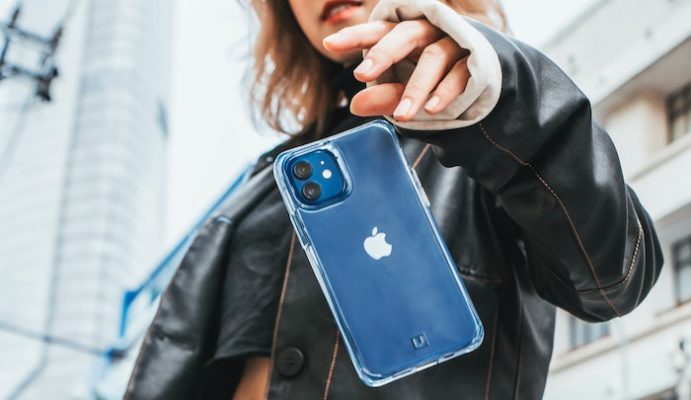
A recent study found that Americans spend an average of 3 hours and 43 minutes (Almost 4 hours!) on their phone daily. This includes things such as phone calls, messaging and checking social media. Imagine what opportunities could be opened up if we all had an additional 4 hours to our day. A study from the University of California Irvine states that it takes the average person over 23 minutes to refocus once becoming distracted. March 4th is a day we all can try and figure out what exactly we can accomplish when we are not being side-barred by our phones.
National Day of Unplugging has now been an ongoing annual event since 2009. When describing their intent behind the national day, their site states:
“National Day of Unplugging is an awareness campaign annually observed the first weekend in March organized by the 501(c)(3) nonprofit, Unplug Collaborative. For more than a decade, families, schools, religious institutions and businesses have used our resources to inspire healthy life/tech balance for their communities. Participation is open to anyone who wishes to elevate human connection over digital engagement.”
I feel that now is a more important time than ever for us to create more human connection. Many of us have spent the past few years isolating due to COVID-19; more loneliness, loss and despair has been felt in many, many years. On NDU (National Day of Unplugging), more opportunities may be created for writing a letter to a loved one, going on a walk with your pet for longer than usual, and/or catching up with a friend over dinner or coffee.
When we spend so much time on our phones, not only does it impact personal connections but also our sleep quality, depression, and anxiety. An article from The Sleep Foundation notes this about the impact of blue light (aka phones and televisions) on teenagers.
“To make matters more complicated, excessive mobile phone use has been linked to symptoms of depression and anxiety, which are themselves a risk factor for insomnia. It may be that sleep, screen time, and negative emotions interact to exacerbate unhealthy behaviors.
That said, the prevailing opinion is that screen time has a greater effect on insomnia than vice-versa. Studies show that 57% of teens who use technology in the bedroom suffer from sleep problems, and teens consistently report worse sleep when they have a television or small screen9, such as a smartphone, in the bedroom.”
So what can you do if you’re not checking your newsfeed or falling down the TikTok rabbit hole? Some thoughts are:
- Read a book you’ve been wanting to dive into
- Take some time in nature
- Cook a meal with a friend or partner
- Try a new art project
- Tidy up your living space
- Volunteer with a local non-profit
- Practice some self-care
There are many things people can do when they allow themselves some additional free
time. Even though NDU is only a period of 24 hours, the hope is that the awareness of how much time we usually spend on our phones increases. In turn, a more conscientious effort from us to be intentional with our interactions and relationships. Do you think you’ll participate in the National Day of Unplugging? Let us know in the comments below!
Photo by Taan Huyn on Unsplash


















